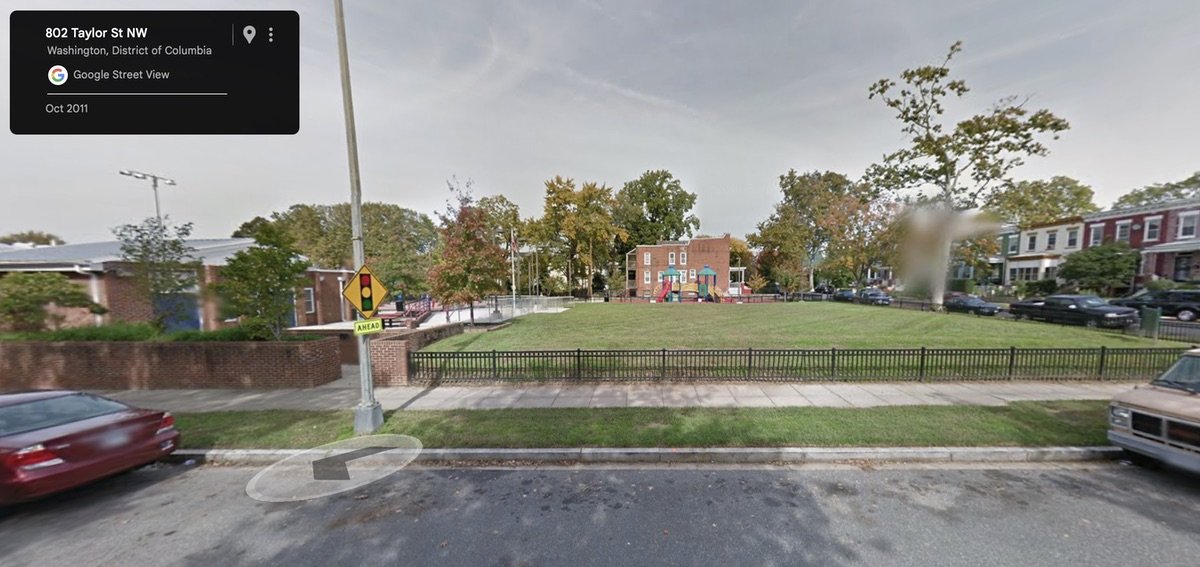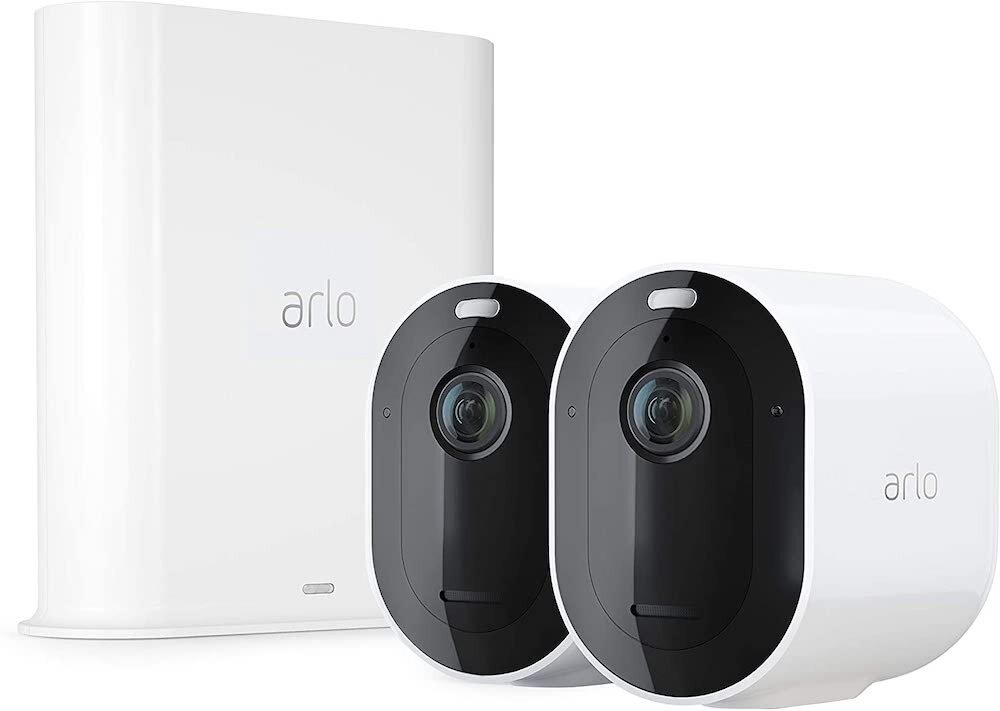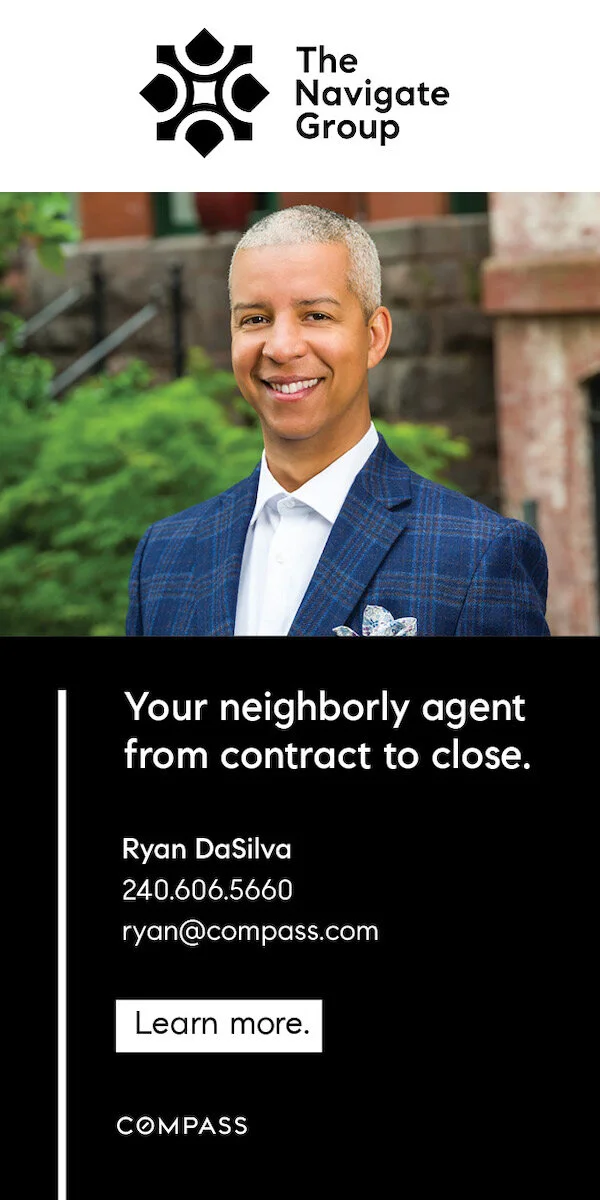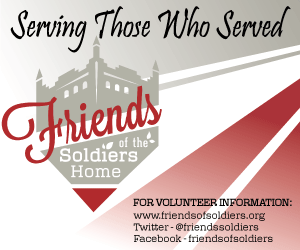Councilmember’s Corner: Responding to gun violence in our communities
/Scene of a July shooting and homicide at 7th & Jefferson Sts NW (photo: CM Lewis George)
by Janeese Lewis George
Ward 4 Councilmember
Our communities are reeling from the devastating gun violence that our city is experiencing. From the shootings by Nationals Park and 14th Street to the tragic killing of 6-year-old Nyiah Courtney in Southeast DC and the public safety incidents in our own neighborhoods, it’s clear that DC and Ward 4 have not been spared from the nationwide surge of gun violence. These crimes are senseless and catastrophic. We cannot afford for this situation to continue and for more lives to be claimed by gunfire.
Everything we do in the short term needs to be about keeping guns off our streets and everything we do in the long term needs to be about changing the conditions and systems that lead someone to shoot a gun towards their own community. Gun violence is a symptom of all the ways in which we fail our people. Education, poverty, joblessness, displacement, mental health, addiction, and more… Our laws and our budget need to change that reality – not incrementally but enough to be transformational.
Before describing specific steps being taken to address the surge in gun violence in the District it is important to lay out the resources that Ward 4 currently has in place.
A community that knows what resources it has at its disposal is empowered to advocate for a better, more strategic response to public safety. In terms of policing, most of Ward 4 is served by MPD’s Fourth District (4D), which as of late June 2021 has 215 full-duty officers, sergeants, and lieutenants.
This year Assistant Chief Stuart Emerman and Inspector James M. Boteler joined the leadership of the Fourth District. Jasmin Benab, the Director Of Community Outreach for the Deputy Mayor for Public Safety, also coordinates with MPD and other DC agencies on public safety matters in Ward 4.
A breakdown of the number of personnel serving the Fourth District by Police Service Area.
Ward 4 has one violence interruption team in place serving the Kennedy Street corridor. Specifically, the Office of Neighborhood Safety and Engagement (ONSE) has contracted Collaborative Solutions for Communities to operate on Kennedy Street. You may see them in orange apparel conducting outreach or responding to public safety incidents in Brightwood Park. DC's Department of Parks and Recreation has also stationed three Roving Leaders in our Ward to prevent conflict and create positive environments for youth through sports, mentorship, and one-on-one support. These Roving Leaders include Robert Nickens, based at Riggs-LaSalle, Emery Heights, Lamond and Raymond, Brenee Taylor-Burke at Emery, and Earl Davis at Emery, Raymond and Park View.
While we are lucky to have such dedicated staff working in our community, Ward 4 has several outstanding public safety needs that remain unmet. I and many community leaders and concerned residents have requested for Ward 4 neighborhoods most impacted by gun violence to be included in DC’s Building Blocks Initiative, which is an intensive surge of gun violence prevention resources focused on specific blocks in the city.
Despite repeated calls to include critical blocks along Kennedy Street, Crittenden, Decatur, Upshur, and Delafield, it’s unclear whether any of these corridors are included in the initiative – and in some cases it’s been confirmed that they are not. I have also been requesting another violence interruption team and two additional Roving Leaders to serve our community as part of my budget request, but neither has been approved or provided yet. And despite being brought to DCRA’s attention for years now, we have not seen the necessary urgency to address the vacant and blighted properties that exacerbate public safety issues in our neighborhoods. The stakes are too high for anything short of a full-steam, multipronged approach to community safety in Ward 4.
Since taking office in January I have worked to improve agency focus and coordination on community safety in Ward 4. I have met with MPD Chief Contee, Deputy Mayor Geldart, and DC’s Gun Violence Prevention Director Harllee Harper several times to build on that coordination. I have also coordinated neighborhood safety meetings and neighborhood walkthroughs with related agencies to identify and act on specific issues that exacerbate crime in our neighborhoods.
In April I convened our public safety leaders for a Ward 4 Community Safety Forum for residents to learn about the city’s gun violence prevention initiatives and raise their concerns so that agencies can act on them. Meanwhile my constituent services team is constantly engaging DC government to resolve issues before they escalate, such as addressing blighted properties, repairing street lights, mediating neighborhood conflict, and providing health resources to neighbors struggling with mental health or addiction.
My team and I are also planning a “Jobs Not Guns” Fair on Kennedy Street in August to provide opportunities to our neighbors at risk and help address the public safety issues that have persisted on Kennedy Street for years now.
I communicate regularly with 4th District leadership. They call me when there is a shooting in the Ward and I respond to the scene, contact the ANC Commissioner, and speak with nearby neighbors. In response to the rise in gun violence in DC I worked with MPD to implement changes in 4th District strategy, including more on-foot patrols rather than having officers remain in parked vehicle.
In addition, earlier this year I wrote to the Bureau of Alcohol, Tobacco, Firearms and Explosives (ATF) urging them to strengthen regulations against ghost guns and prioritize investigations on gun trafficking into the District. Ghost guns have been particularly harmful to DC residents and the ATF has the authority to act. The ATF and the Department of Justice are now working to implement those regulations. And as I mentioned earlier, I have also joined neighbors in relentlessly advocating for Ward 4 neighborhoods with a high concentration of gun violence to be included in Building Blocks.
The Council has two key roles to play. The first is our budget, which is being finalized over the next three weeks. It gives us the opportunity to address root causes and provide direct support to gun violence prevention. The budget we are set to approve makes unprecedented investments in a comprehensive, people-centered approach to addressing gun violence. When I say unprecedented, I truly mean it. Programs with a track record of success like Pathways, Cure the Streets, ONSE violence interruption, Roving Leaders, Restorative Justice Program, and hospital-based intervention after shootings are seeing their budgets double or triple in this budget and reflect the clear needs we have as a city. And we will not repeat the mistakes of the past by only funding programs temporarily. Lasting results require long-term commitments.
Programs like the ones listed above are incredibly important for two reasons: first, the overwhelming majority of gun violence comes from a very small number of people, usually in specific circumstances such as poverty, returning from incarceration, or in unstable home environments. When we positively intervene through these evidence-based programs we can prevent gun violence before it happens. These programs also work because gun violence is most often targeted between people who know each other and are in conflict with one another. As we saw in some shootings in Petworth this summer, shootings are often retaliatory. These cycles of violence only end with direct interventions that address these underlying conflicts.
While accountability for people who commit violent crimes is essential, the truth is that we cannot arrest, criminalize, or incarcerate our way out of this crisis. And only relying on these methods risks replicating the conditions that led to this surge in gun violence in the first place. Sometimes we hear from constituents who want the District to crack down on minor offenses or even unpleasant behavior, but the consequences of doing so would be far greater than any perceived benefit. And laws or criminal penalties against conduct like loitering and incommoding are increasingly being struck down as unconstitutional (see Chicago v. Morales). As Chief Contee has stated repeatedly, there are real limits to what policing can accomplish when it comes to public safety. One of the most jarring details about the shooting that killed 6-year-old Nyiah and wounded five others is that a police cruiser was already on the scene; you can even see its flashing blue lights in the footage. It happened anyway. If we want to achieve the “positive peace” that Rev. Dr. Martin Luther King described in his Letter from Birmingham Jail we need to invest in proactively lifting up our communities rather than doubling down on reactive policies that have failed us for decades.
The second role of the Council is oversight. During the performance and budget oversight process earlier this year I made a point to the attend the oversight hearings for every public safety agency, including MPD, ONSE, DBH, DYRS, and DCRA to engage them on how to better serve Ward 4 and expand their public safety efforts. On Thursday, July 29 starting at 9:30am the Council will hold an emergency roundtable on DC’s gun violence prevention and reduction efforts.
Initiatives like Building Blocks DC and the Summer Crime Prevention Initiative hold great promise, but they have to be scaled up and the capacity has to be there now to make a difference. We also need metrics in place to evaluate how successful these programs are and make the necessary changes. If you have any specific questions for our public safety leaders, please share them on this Google Doc so I can raise them during Thursday’s roundtable. Transparency and accountability are essential, especially on an issue as important as community safety.
Tragically, several of the latest incidents of gun violence in Ward 4 have been related to suicide or domestic violence. Many people in our community are deeply struggling with these issues, especially a year-and-a-half into the pandemic that has left more people more isolated or more trapped in unhealthy or dangerous living situations. I want to take a moment to share the National Suicide Prevention 24-Hour Lifeline at 800-273-8255, the DC Department of Behavior Health 24-Hour HelpLine at 1-888-793-4357, and the 24-Hour National Domestic Violence Hotline at 1-800-799-SAFE (7233).
The DC Coalition Against Domestic Violence also does incredible work supporting survivors in our communities. Please do not hesitate to use these resources if you need them, or share them with those in your lives who may be struggling. It could have a profound impact on their lives.
I grew up in Ward 4 and I love our community. I have seen my peers and neighbors impacted by gun violence, and I have already witnessed far too many constituents injured or killed by gunfire. It’s what keeps me up at night. To say that the safety of our community is a priority for me is an understatement. And as someone who served as a DC Assistant Attorney General and confronted complex public safety issues on a daily basis, I have seen first-hand what is truly effective in reducing gun violence and building lasting peace in our communities. I will continue doing everything I can to address gun violence and work with the Executive, fellow Councilmembers, Advisory Neighborhood Commissioners, and our entire community to keep our people safe.



















